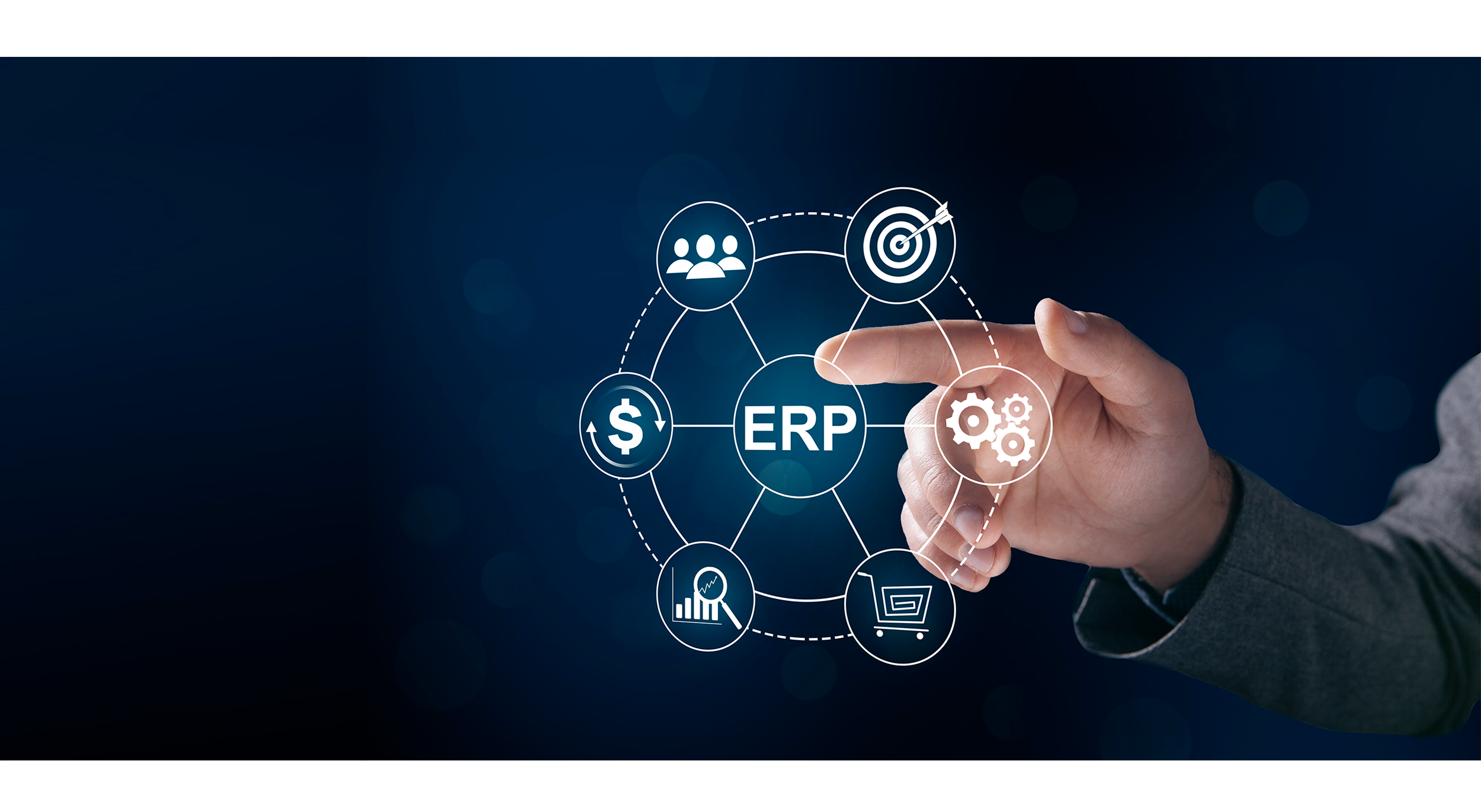Finance Module In Dynamics 365 Business Central ERP
The finance module in Dynamics 365 Business Central (formerly known as Microsoft Dynamics NAV or Navision) is a comprehensive solution designed to help businesses manage their financial operations efficiently. It provides a range of tools and features to handle various financial aspects, including accounting, budgeting, reporting, and analysis. Here are some key ways the finance module assists in managing finances.
General Ledger: The module allows businesses to maintain a central repository for financial data, called the General Ledger. It records all transactions, including sales, purchases, expenses, and more, ensuring accurate and up-to-date financial information.
Accounts Payable: Business Central’s finance module enables the management of accounts payable functions, including vendor records, purchase invoices, payment processing, and reconciliation. This helps ensure timely payments to suppliers and a clear overview of outstanding liabilities.
Accounts Receivable: On the other side, the module assists with accounts receivable, managing customer records, sales invoicing, tracking payments, and handling collections, which enhances cash flow and reduces outstanding receivables.
- Bank Reconciliation: The finance module facilitates the reconciliation of bank statements with the corresponding financial transactions, ensuring that the company’s records match actual bank account balances.
- Fixed Assets: For businesses with tangible assets, the module offers tools for tracking and managing fixed assets, including depreciation calculations, maintenance schedules, and disposals.
- Cash Flow Management: Business Central provides insights into cash flow, allowing businesses to make informed decisions about managing their cash reserves effectively.
Financial Reporting and Analysis:
The finance module offers customizable financial reports and real-time analytics, giving management the ability to monitor the company’s financial performance and make data-driven decisions.
Budgeting: Businesses can set up and maintain budgets in the system, enabling them to compare actual financial results against the budgeted figures, helping with financial planning and control.
- Multi-Currency and Multi-Language Support: For international businesses, the finance module supports transactions in multiple currencies and allows for financial reporting in various languages.
- Compliance and Auditing: The module is designed to adhere to accounting standards and regulatory requirements, making it easier to handle audits and financial reporting. Also, local statutory requirements like VAT in UK and GST in India are supported by Microsoft Business Central.
- Integration with Other Modules: Dynamics 365 Business Central is an integrated ERP system, so the finance module seamlessly connects with other modules, such as sales, purchasing, inventory, and more, providing a holistic view of the business.
Here are some of the latest & most sought after features:
- Incoming Documents Management: This is a functionality that allows users to process and manage incoming documents in a digital format. This feature is aimed at improving efficiency, accuracy, and reducing manual data entry in the finance department.
The “Incoming Documents” feature typically involves the following functionalities:
- Document Capture: The system can capture incoming documents such as invoices, receipts, or purchase orders using Optical Character Recognition (OCR) technology. This means it can “read” the contents of the documents and convert them into digital data.
- Automated Data Entry: Once the document is captured, the relevant data is automatically extracted and populated into the appropriate fields in Business Central, reducing the need for manual data entry.
- Document Management: The system provides a central repository to store and manage all incoming documents. This can help businesses keep track of their financial documents, making it easier to retrieve them when needed.
- Approval Workflow: The Incoming Documents feature may include an approval workflow where documents can be routed to the appropriate personnel for review and approval.
- Integration with Finance Processes: The extracted data from incoming documents can be integrated into various finance processes, such as accounts payable and accounts receivable, to facilitate efficient financial operations.
- Audit Trail: A proper audit trail is maintained, allowing businesses to track the history of document processing and any changes made to the data.
- Bank Integration: This feature within the finance module is designed to streamline and automate banking-related processes by integrating with your bank’s systems and typically includes the following functionalities.
- Bank Reconciliation: This feature allows you to import bank statements directly into Business Central. The system will match the imported transactions with the ones recorded in your books. It helps you reconcile your bank accounts quickly and accurately, identifying any discrepancies between your records and the bank’s records.
- Payment Processing: Business Central can facilitate electronic payments (e.g., Automated Clearing House or ACH payments) directly from the system. This means you can initiate payments to vendors or employees electronically, which can save time and reduce the need for manual check writing.
- Bank Feeds: The Bank Integration feature can enable bank feeds, which automatically fetch and import bank transactions into Business Central. This process helps you keep your financial records up-to-date in real-time, minimizing the need for manual data entry.
- Cash Flow Forecasting: By having real-time access to bank transactions and balances, Business Central can offer cash flow forecasting capabilities. You can get a better understanding of your future cash inflows and outflows, allowing you to make informed financial decisions.
- Bank Communication: Some versions of Business Central may allow you to communicate with your bank directly from within the system. This can include submitting electronic files for payroll processing or vendor payments.
- Bank Account Management: The Bank Integration feature can provide a centralized location to manage and view all your bank accounts. You can configure various bank-specific settings and track related transactions easily.
By using the finance module in Dynamics 365 Business Central, businesses can streamline financial processes, improve accuracy, and gain better control over their financial operations, leading to enhanced financial management and decision-making capabilities.
Get in touch to find out more about how Business Central can help manage the finances of your Business or to book a demo













